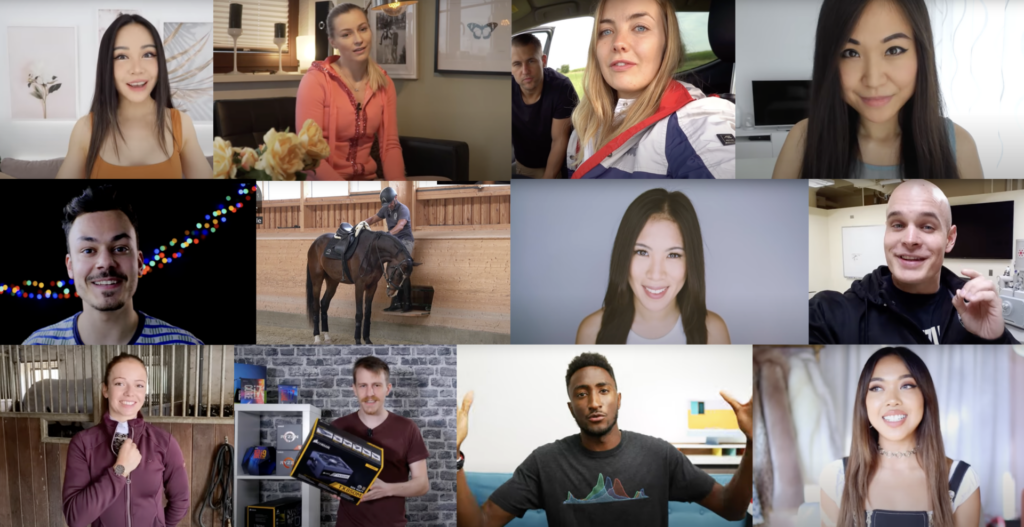
New research article: Diversity in explanatory videos on YouTube
29. March 2024
Verena Honkomp-Wilkens and Prof. Dr. Karsten D. Wolf from the ZeMKI Lab “Media & Education” have published a new open access article in the journal MedienPädagogik on “Diversity in explanatory videos on YouTube: Deconstruction or continuation of a gendered order in informal audio-visual educational spaces?” (DOWNLOAD).
YouTube is an important social video network for teenagers and young adults. Previous studies on the gendered representation of YouTubers suggest a gender-stereotypical representation. This article focuses on the extent to which (non-)stereotypical gender representations are used in explanatory videos and tutorials on YouTube, and with which categories of difference gender is intertwined.
Based on an analysis of 59 interviews with 14- to 22-year-olds, popular YouTube channels on school- and leisure-related topics are first identified and then analyzed with regard to their diversity (gender, age, race/ethnicity). In the audio-visual educational space of YouTube, there is evidence of a comparatively higher diversity of explanatory video protagonists in extracurricular compared to school-based subject areas, where they are predominantly white and male and aged between their early twenties and mid-forties. Women* and people of colour (PoC) are almost exclusively to be found in leisure-oriented subjects and more often in English-language explanatory videos. However, even in the area of extracurricular explanatory videos and tutorials, there is a gendered order in which topics are played according to stereotypical ideas of masculinity and femininity. This order is largely not questioned by the students, but is based on stereotypical ideas of gender perception. Self-presentations that deviate from this are described as potentially enriching – but only for girls and women. The results can be used to identify media pedagogical needs with regard to gender-sensitive media education, as well as to derive in-depth research questions on national and thematic differences in educational stereotyping.

